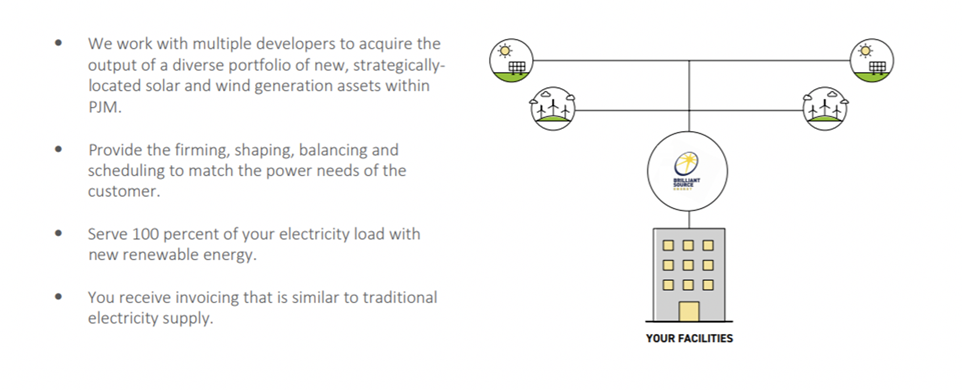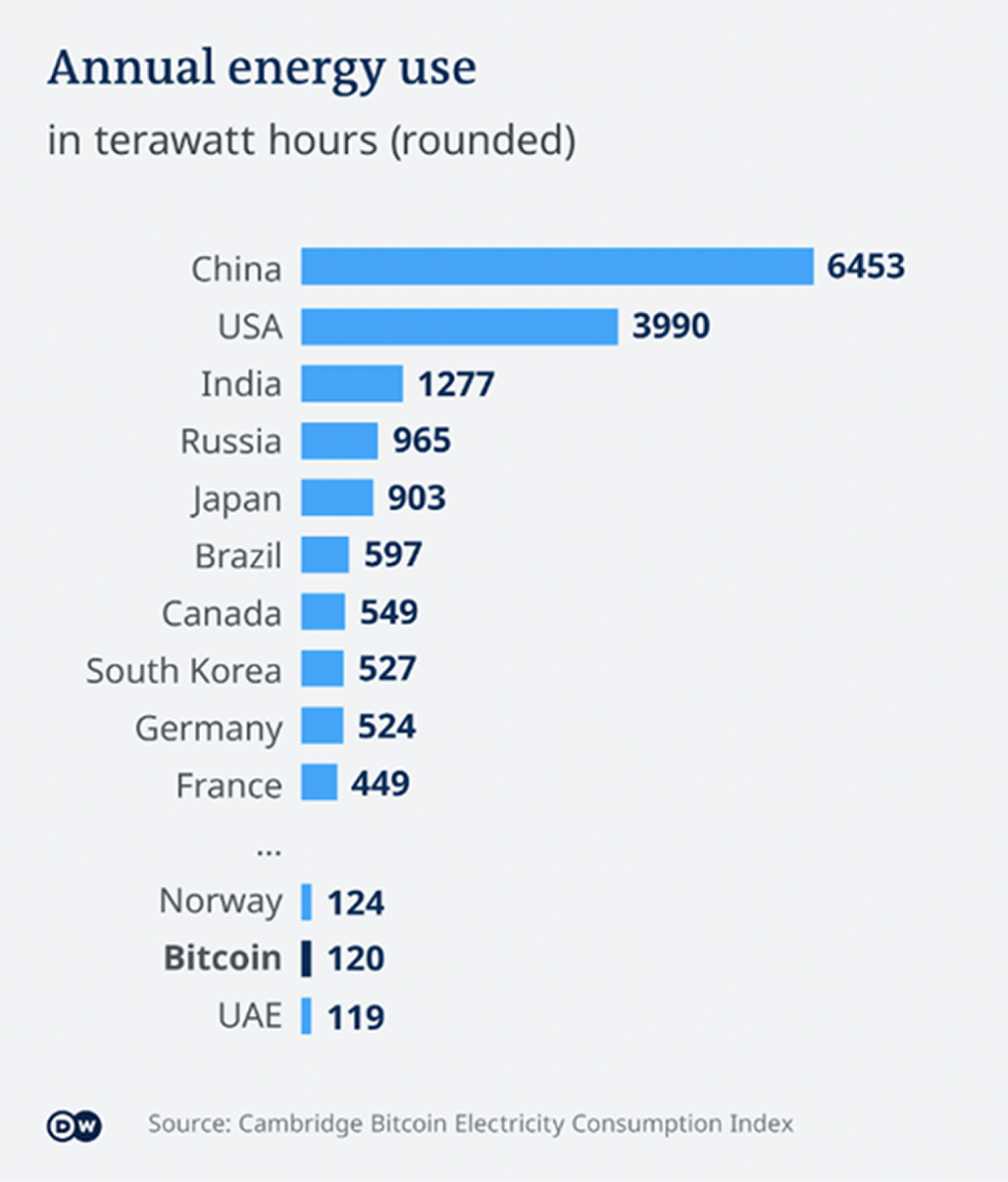Bitcoin was the first of its kind. You may have heard about it on the news or even traded it, but what exactly is it? Bitcoin is a virtual cryptocurrency. It is not printed like traditional money. Transactions and issuing of bitcoin are carried out by an online network.
Why does it need energy?
To keep the network safe, it runs on a massive peer-to-peer computer network through a ledger system called blockchain. A blockchain records every transaction and everyone in the network gets a copy and each copy is linked to each other. Since everything is interconnected the hope is that tampering with the system is impossible.
Anyone can become a part of the network; they just need to have a high-powered purpose-built computer, the more powerful the better. These computers solve increasingly difficult math problems to keep it all going. To avoid overheating, the busy machines must be kept cool.
A change of heart from Musk
Elon Musk, CEO of Tesla, has confused many in the market with his switching stances on Bitcoin and energy consumption. He appeared on Saturday Night Live debuting for a skit promoting Dogecoin “to the moon.” Then, just a week later, Musk said “we are concerned about the rapidly increasing use of fossil fuels for Bitcoin mining and transactions, especially coal, which has the worst emissions of any fuel.”
What is often overlooked is the estimate that the Bitcoin network is powered by around 50% to 75% renewable energy, making it much more sustainable than is otherwise purported.
How much power does Bitcoin actually need?
According to Coindesk.com the undisputed numbers are hard to come by because of the complex nature of the calculations. Back at the start of 2017, Bitcoin was using 6.6 terawatt-hours of power a year. In October 2020, that was up to 67 terawatt-hours. Now a few months later, it has nearly doubled to 121 terawatt-hours, Cambridge researchers found, enough to run their entire university for nearly 700 years.
By these same calculations, if Bitcoin were a country, only 30 other countries would use more electricity. It would surpass the yearly power needs of the UAE, the Netherlands, the Philippines, Belgium, Austria or Israel.

The challenges of renewable power
There are several obstacles to overcome when using renewable power. For starters, green power is traditionally more expensive than brown power. Along with the higher price tag, you must have the roof space and or land space to host the renewable energy generating systems and you can only offset in relation to that real-estate. Renewable energy sources are also less predictable making them more difficult to store.
How Brilliant Source is addressing these challenges

Give us a call, Elon!
Elon Musk, along with many others have concerns over emissions and use of fossil fuels. Luckily, Brilliant Source’s renewable energy solutions can help you reduce your emissions and reach your sustainability goals.
Interested in renewable energy?
Contact your sales representative or call 440.973.7199 to discuss how your business could benefit from this plan.
Email Sign Up






